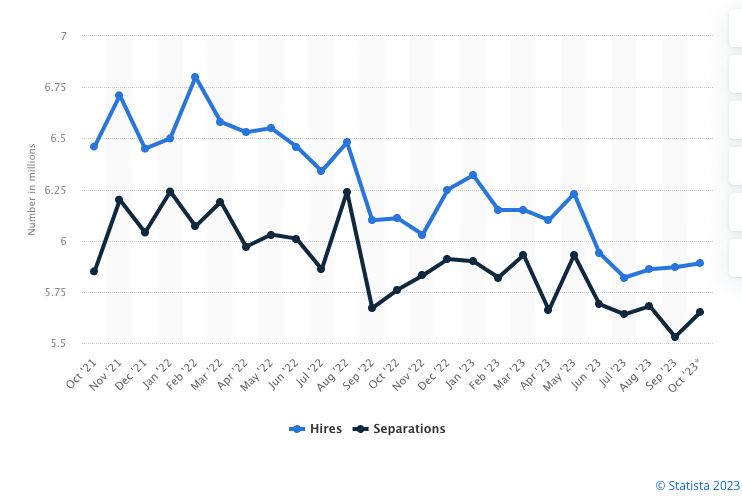Found this oldie but a goodie and I thought it would be a fun one to revisit. Still holds true, right?
7 Things You Should Never Say When Asking for a Raise!
Posted on by Tim Sackett
There are certain conversations in our work lives that cause people the most anxiety and having to go in and ask for money is, on my list, the next most anxious work conversation most people will face. I can think of many times that I wanted more money, thought I deserved to get more money, and heck even our good old Comp people said the market should be paying me more money, and still, it is a difficult conversation to have with my superior (at least for me).
Like many people, I think I do a good job, give my best effort, produce great results, and after all that, should I really need to ask? Shouldn’t my boss ‘get it’ and just want to write me a blank check?!
With all this in mind, most people will screw this conversation up by saying things they really want to say, but shouldn’t, if they’re trying to get a raise. Here are the top things you probably shouldn’t say when asking for a raise:
1. “If you pay 10% more, I will really put in some extra effort!” – So what you’re saying is you’re not putting in extra effort now…
2. “I looked in our HRIS system and I know Sheila on the 5th floor is making $5000 more than I am – and she’s an idiot!” – Not the best strategy to look at others’ private comp information, even if you have access, then call them an idiot – at least in my experience…
3. “If you don’t pay me more money, I’ll be forced to find another job that will pay me what I worth” – Be careful, I’ve tried this one, and they might call your bluff!
4. “I’ve done the math and if you fire Mike, I can do his job and mine, you save $50K, after giving me $25K of his $75K salary” – This actually might be a really good idea, But Mike might be the last one standing with the $25K raise, not you!
5. “I really don’t understand how you can be worth $50K more than me, I do all your work – and deserve more money” – Bosses just love to hear they are overpaid, don’t do anything, and you can do their job – NOT!
6. “I saved the company $1 million in reducing recruiting fees, by implementing a social media strategy successfully, I should at least get a fraction of those savings” – Why, yes you should – if you were in sales, but you’re in HR, and this was part of your job description. Sorry for the wake-up call – all employees aren’t treated equally – put on a helmet.
7. “I know times are tough, so I was thinking instead of more money you could give me an extra week’s vacation or pay for my health insurance or something else like that.” – Okay, Einstein, stop thinking – it’s all money. Vacation, health insurance, paid parking, lunch money – it all hits the bottom line on the income statement. You just showed how expendable you really are.
I’ve learned over the years, through trial and error (okay, mostly error) that many, if not all, of the above statements just don’t seem to have the impact that I was hoping for with my supervisor. I have seen peers, who performed well, were loyal, dedicated to doing their best for themselves, their co-workers, and the company, and got the raise they wanted by just being patient.
Supervisors are as uncomfortable as you are to have the compensation conversation. If you are as good as you profess to be, then they do want to give you more, but probably can’t due to budget, market, others performing even better than you, etc. It may be the hardest thing to do, but being patient usually works out the best of all!

